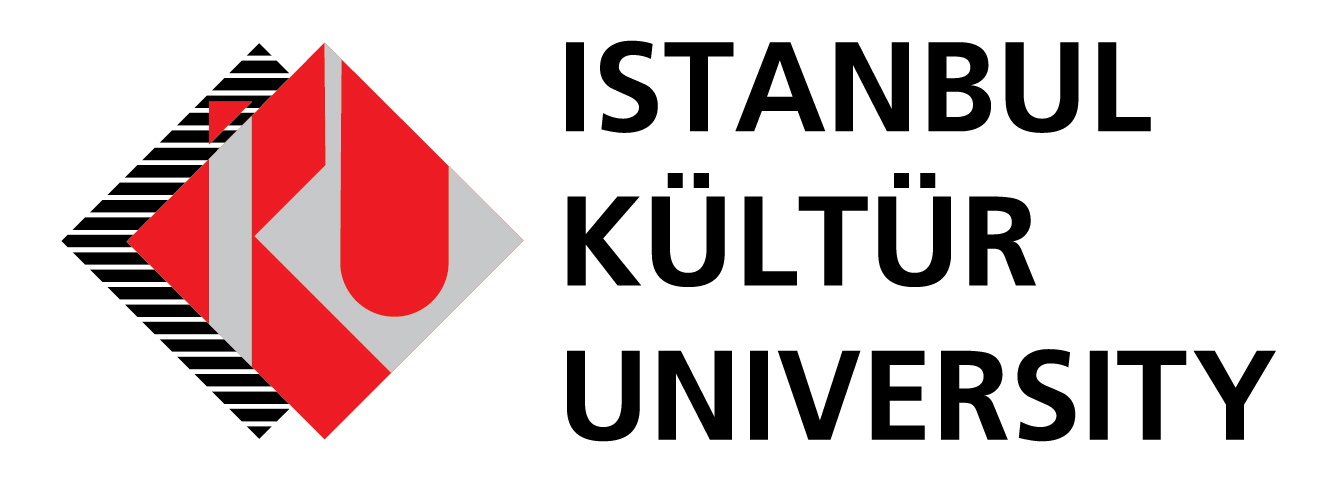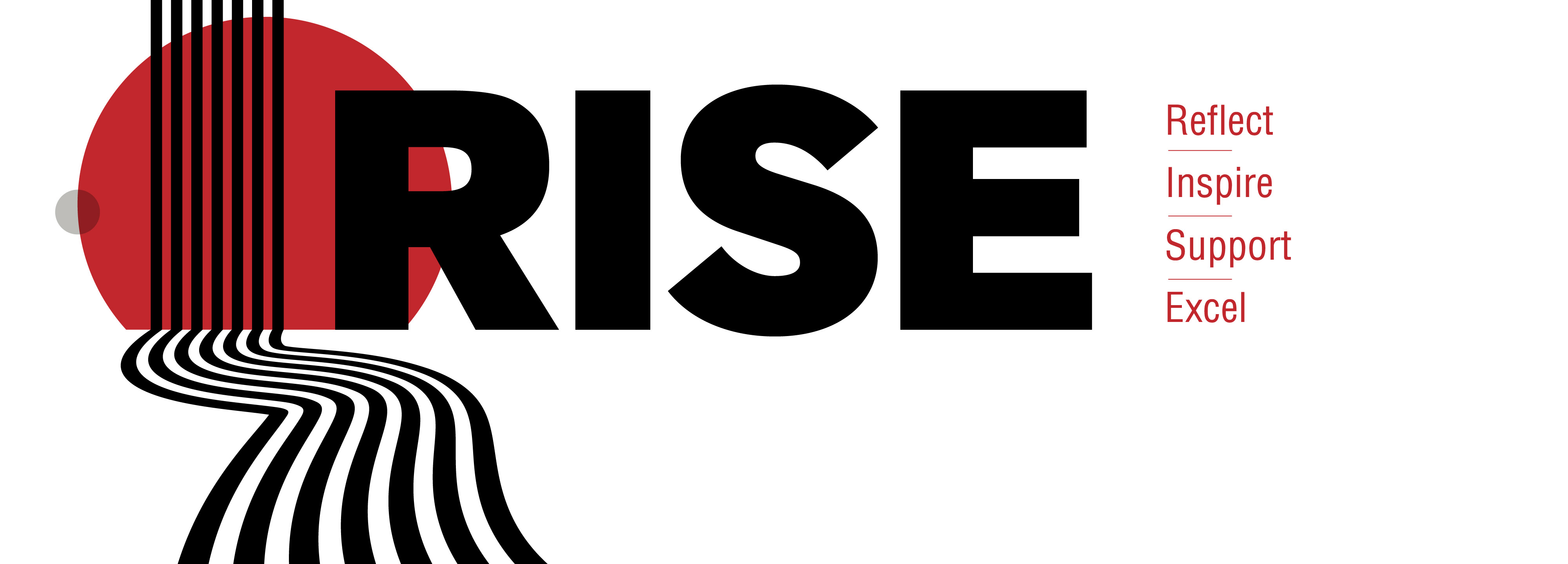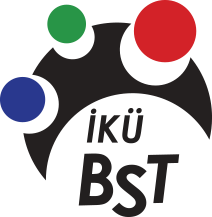Purpose
This component of RISE ensures that all instructors have ongoing access to meaningful professional development while being supported in tracking their individual growth over time. The structure is designed to be both developmental and reflective, aligning with internationally recognized frameworks and institutional expectations at IKU SFL.
Core Elements
PDC Talks (Instructor-led Development)
- Short, 30-minute presentations delivered by volunteer instructors
- Topics focus on ELT strategies, classroom practices, or current research
- Encourages peer learning and cross-pollination of ideas
- Delivered in-house during the academic year and documented for tracking
PDC Trainings (Trainer-led Workshops)
- Delivered by external ELT specialists and guest speakers
- Topics are chosen based on identified needs and interests of instructors through needs analysis
- Offer exposure to diverse methodologies and updated practices
- Scheduled regularly across both fall and spring semesters
ELT Swap Shop (Practice Sharing Events)
Held twice a year, ELT Swap shops offer a platform for instructors to share a classroom activity or tool that they’ve created or successfully used. Contributions can be technology-integrated (e.g., gamified tools, digital whiteboards, interactive quizzes) or traditional (e.g., physical flashcards, grammar board games, speaking prompts). Each instructor prepares a short walkthrough, demo, or handout of their activity and explains how and why it worked effectively. Encourages practical exchange, peer appreciation, and an expanding teaching toolkit across the team.
Professional Development Observation Cycle (PDOC)
This is a core feature of the RISE system and occurs twice each academic year, once in the fall and once in the spring.
The cycle includes:
1. Teaching Target Setting & Self-Assessment: Based on the EAQUALS Framework for Language Teacher Training and Development, instructors select a key area for growth and set concrete teaching targets (this part of the cycle only takes place in the beginning of the academic year).
2. Self-Observation: Instructors record a lesson, reflect on it using structured feedback forms, and submit this to the PD team. This stage promotes self-awareness and internal dialogue about teaching practices.
3. Developmental Observation (by PD members): Involves pre-observation meeting, observation, and post-observation feedback. It is focused on agreed developmental areas, not evaluation. Includes running commentary and optional post-observation reflection form.
4. Peer Observation: This stage encourages instructors to learn from each other, includes mutual observations with pre- and post-discussions centered on specific focus areas and helps develop a shared teaching culture and collegial feedback habits.
Documentation and Progression Tracking
All participation (Talks, Trainings, Observation Cycles) is recorded. Instructors submit a Reflection Paper at the end of the year summarizing progress on their teaching target. Certificates and session reports are stored in commission and on CATS for institutional recordkeeping and for performance evaluation purposes.


